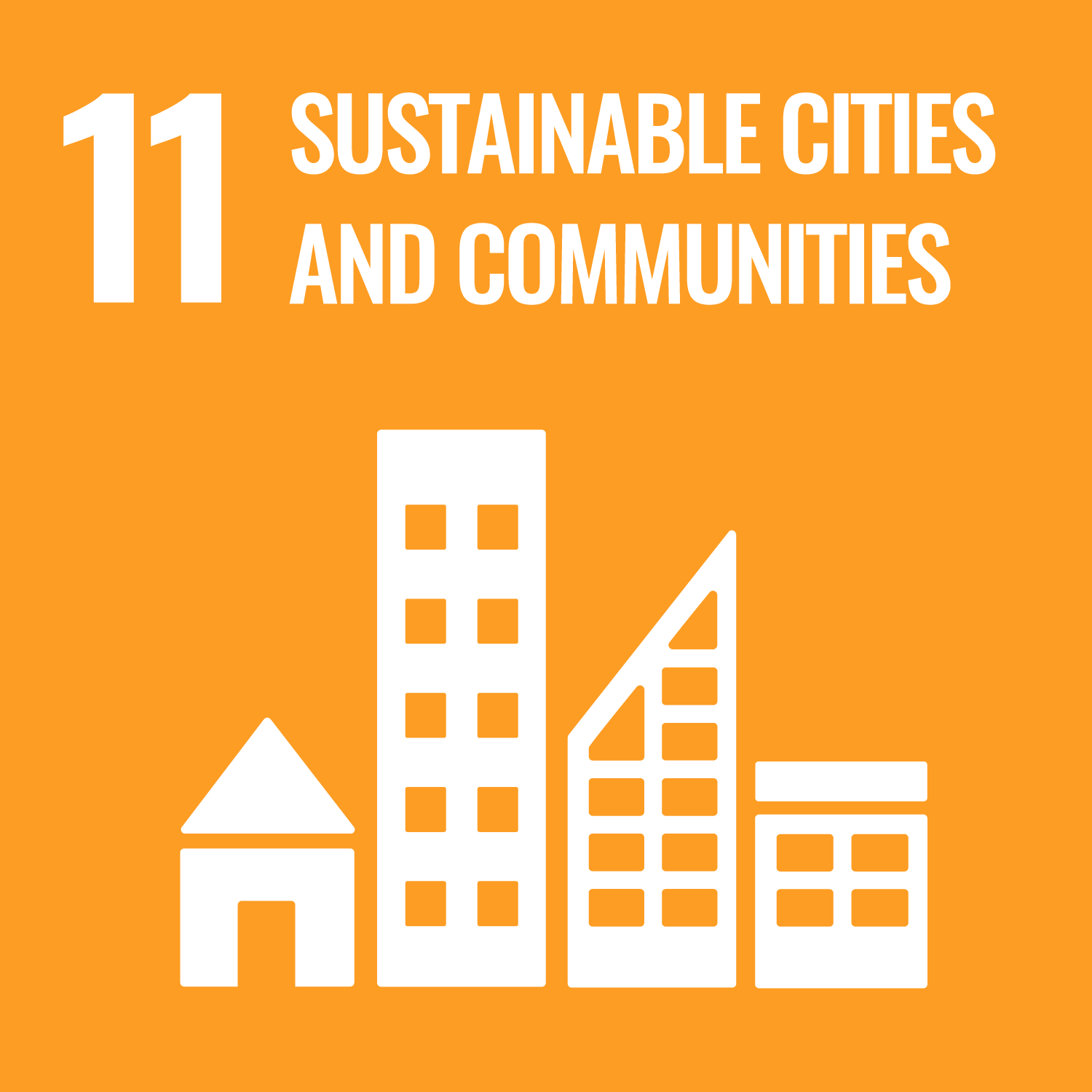The Green Climate Fund approves the JICA Project “Building Climate Resilient and Safer Islands in the Maldives”


2021.07.06
On July 1, during the 29th Board Meeting, the Green Climate Fund (GCF) (*) approved a project proposed by the Japan International Cooperation Agency (JICA): Building Climate Resilient Safer Islands in the Maldives.
This project aims at establishing a climate resilient mechanism for coastal conservation and protection against future disasters, hence, enhancing resilience and the safety of the Maldives. It will contribute to the achievement of SDGs 11 and 13. It is also in line with the priorities of the Sendai Framework for Disaster Risk Reduction 2015-2030 (**) to substantially reduce disaster risk and losses.

Beach at Maamendhoo island
The Republic of Maldives is comprised of about 1,200 islands in the Indian Ocean. With the ground lying about 1-2 meters above the average sea level, this small archipelago, particularly the inhabited islands has been suffering from coastal erosion. Many of these islands have been and will be severely affected by sea level rise and high waves due to climate change. Coastal erosion will cause serious damage not only to the inhabited areas and infrastructure, but also to the coastal ecosystem, water resources, and consequently key livelihoods such as fisheries.
To protect people in the Maldives from disaster risks such as cyclones, storm surges and tsunamis, JICA has supported the country to construct seawalls on Male Island. The cooperation has been extended to the establishment of the national disaster Early Warning and Information Broadcasting System, to alert and guide the public in case of emergency.
In this project, JICA will support the Maldives government to develop a national policy on the Integrated Coastal Zone Management (ICZM) for protecting coastal environment and building its resilience against disasters. Community-led coastal protection/conservation plans will be prepared based on the ICZM for the five target islands where approximately 9,000 people live. The project will also strengthen the capacity of stakeholders for establishing and operating the early warning system and monitoring systems of waves, sea level, coral reef and land use. It would facilitate assessing the impacts of climate change on the coastal areas and undertaking adequate adaptation measures.
JICA will continue to support the efforts of developing countries for building climate-resilient societies and disaster risk reduction.
(*) The Green Climate Fund (GCF) was established as the operating entity of the financial mechanism of the UNFCCC in 2010. GCF supports developing countries to reduce their greenhouse gas emissions and enhance their ability to respond to climate change.
(**)The Sendai Framework for Disaster Risk Reduction 2015-2030 was adopted at the Third UN World Conference on Disaster Risk Reduction (DRR) held in Sendai in March 2015. It aims to achieve the substantial reduction of disaster risk and losses. It outlines seven clear targets and four priorities for action to prevent new and reduce existing disaster risks, and monitors the actions taken by each country.
Project details are below:
| Country | Republic of Maldives |
|---|---|
| Project title | Building Climate Resilient Safer Islands in the Maldives |
| Planned implementation period | 78 months |
| Executing agency | Ministry of Environment, Climate Change and Technology |
| Target region, facilities | Whole country |
| Specific project details (provisional) |
1. Establishment of the Integrated Coastal Zone Management (ICZM) 2. Implementation of Coastal Conservation/Protection Measures against Disasters 3. Development of Disaster Warning and Information Dissemination 4. Development of Basic Data Collection and Sharing System Related to Climate Change |
scroll